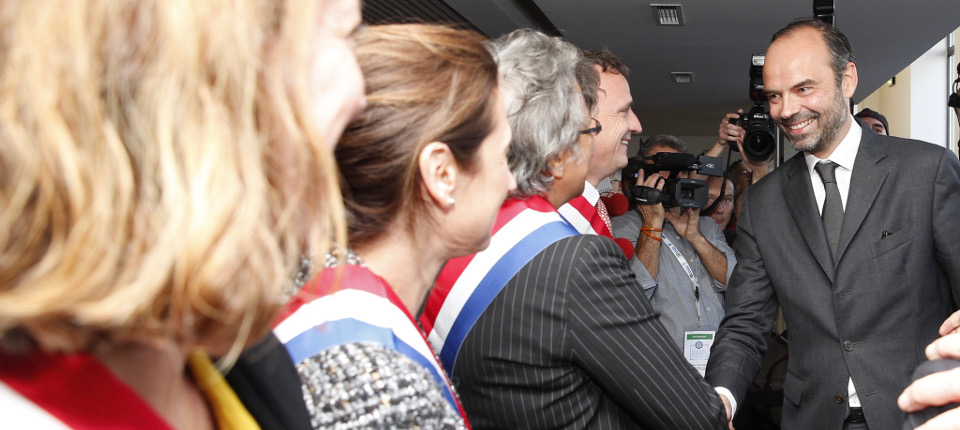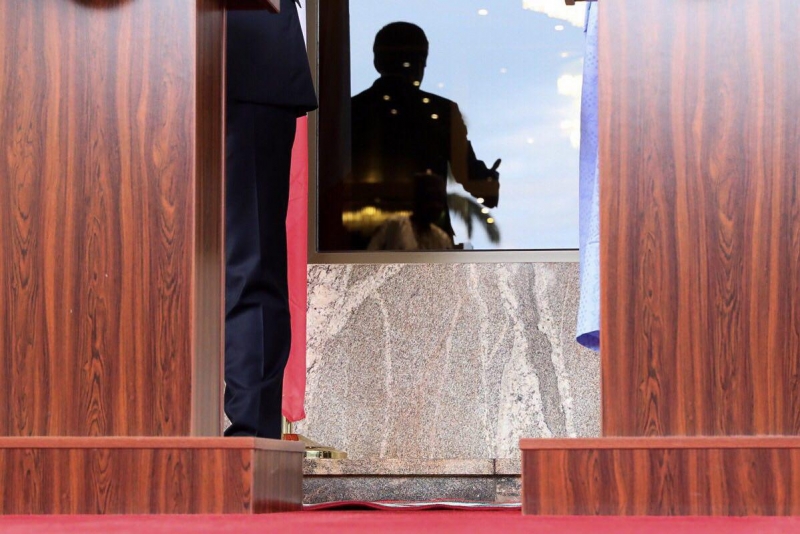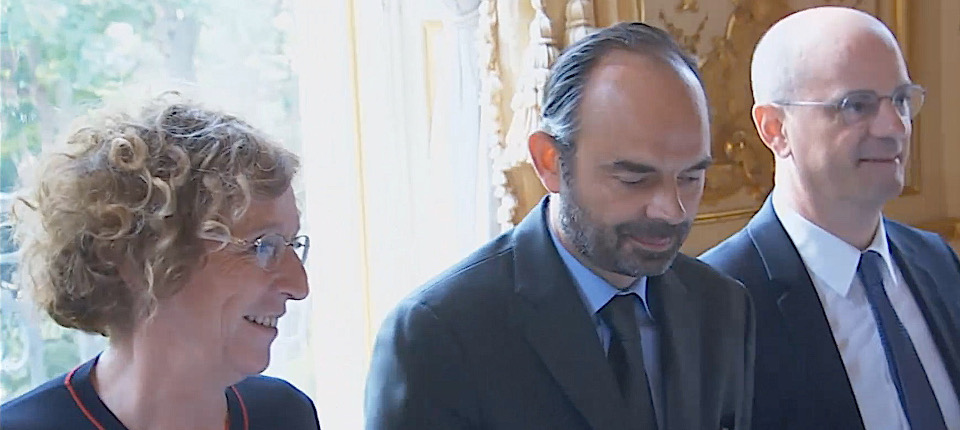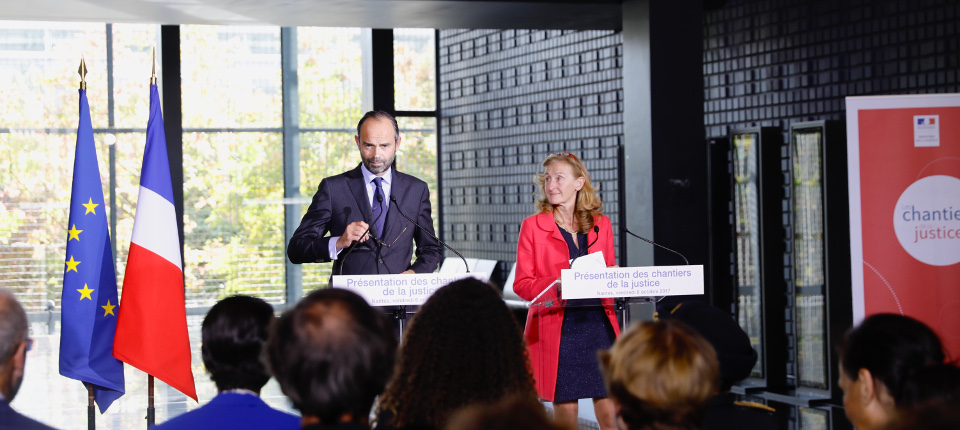MIL OSI Translation. Government of the Republic of France statements from French to English 
The Prime minister intervened, Friday, 20 October, in the framework of the Congress, of the departments of France in Marseille. On this occasion, Édouard Philippe stated taking into account the expectations of departments in the territorial policy of the Government.
The territorial policy of the Government intends to focus on the freedom and the dialogue rather than the uniformity and obligation. There will be no “major institutional transformations applied uniformly on the national territory,” not new “massive transfers of skills,” according to the laws MAPTAM and Our.
The local initiatives will be encouraged, in an effort to improve the services provided to users.
On all subjects, the National conference of territories installed last July, is to organize the dialogue between the State and the communities.
Funding of the RSA and the social expenditures of the departments
The social spending departments represent 2/3 of their operating expenses. The only benefits individual solidarity (RSA, disability compensation, Allocation personnalisée autonomy) account for half of those social expenditures. This weighs heavily on the budgets of the departments, some of whom have to face a situation worse.
The Prime minister has heard the request of the departments. To cope with the emergency, the Government is working to “put in place a mechanism for the emergency fund in the finance law amendment for 2017”. In the medium term, “the system of control and funding of our allowance of individual solidarity needs to be revisited”. Driving this thinking is one of the tasks assigned by the Prime minister at the mission preparatory to the Covenant financial State-territorial communities, installed last week. In terms of timing, the goal is to be able to “achieve reform proposals in the framework of the project finance law to 2019″.
Reception of unaccompanied minors
The Prime minister has confirmed that “the State assume the assessment and the emergency accommodation of persons reporting minor until their minority to be confirmed”, because “it is the role of the State to receive it worthily a foreign person on our territory, to ensure the protection corresponding to its status, to ensure that the titles they present are authentic, to determine its age”.
The draft finance law for 2018 “includes additional appropriations to accompany the increase in the number of minors involved and take charge, on an exceptional basis, a portion of the costs of the child welfare related to the increase in the number of unaccompanied minors accommodated in the departments this year.” 132 million euros are planned.
For the future, a mission to the joint State-departments will be charged to do by the end of the year proposals to put in place arrangements to host, and a process-specific support.
Covenant financial State-communities
In the effort to reduce public expenditure, to which the community should contribute, the Government has made the choice of the contract and the accountability. The overall allocation of operating is not going to decrease in 2018. The Government asks in return for the communities to control their operating expenses, taking into account the specificities of the territories.
Housing
The Government is committed to lead in 2018 a structural reform of the PLA is to lower rents. “This reform is the fact that rents, even in social housing, are not adequate to accommodate the households with lower resources, and that this higher level leads to a level of expenditure on the APL that is no longer bearable”.
The effort will be concentrated in social housing, because the State provides the funding and therefore of the levers of action. The decrease of the APL will be neutral for tenants of social housing. The dialogue is ongoing between the State and donors, which will be granted financing facilities to accompany this mutation.
Grand Paris
It must be a new project and a renewed institutional framework for the Grand Paris. A regional Conference of Grand Paris will meet soon with the President of the Republic. The Prefect of the Region Ile-de-France is in charge of a “mission of identification and expertise of the different scenarios of institutional change possible. (…) everything is on the table”.
Prime minister’s speech to the Congress of the Association of Departments of France
EDITOR’S NOTE: This article is a translation. Please forgive us should the grammar and/or sentence structure is not be perfect.






